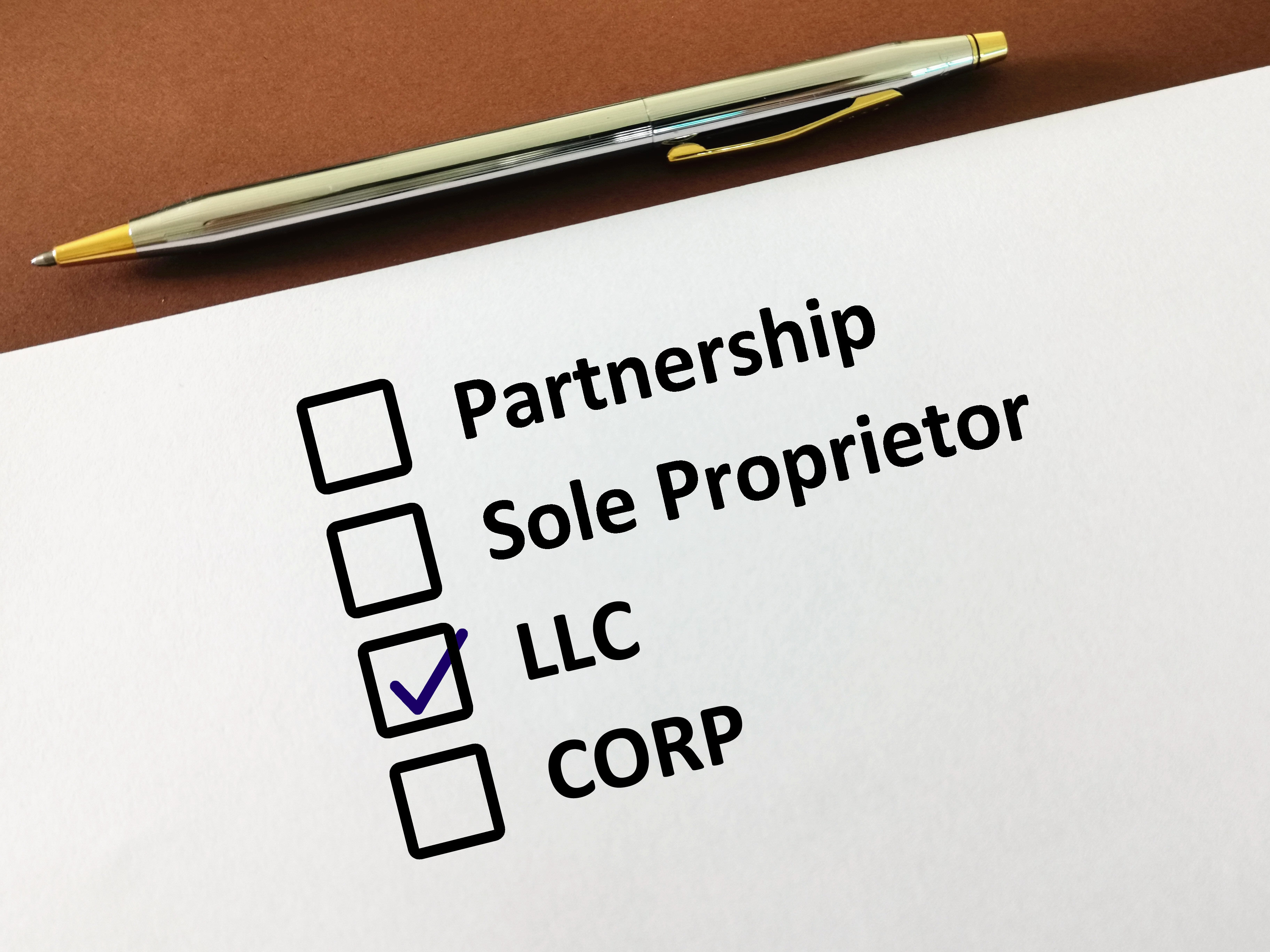The decision to become an independent insurance agent is an exciting one. It offers the freedom to be your own boss, build a successful business, and forge a career centered on helping others. But before diving headfirst into this rewarding path, there are crucial steps to take to ensure a smooth launch and long-term success. Let's delve into the 10 essential steps that will equip you with the knowledge and tools to navigate the world of independent insurance:
1. Charting Your Course: The Power of a Business Plan
A well-crafted business plan serves as the roadmap for your independent insurance agency. Think of it as your blueprint for success. This document should clearly outline your agency's mission statement, identifying your core values and the specific insurance needs you aim to address. Conduct thorough market research to define your target audience, understanding the demographics and insurance needs of your ideal clients. Develop a comprehensive marketing strategy, outlining the channels you'll leverage to reach your target market and build brand awareness. Finally, create realistic financial projections, forecasting your startup costs, operational expenses, and projected revenue streams. Remember, a strong business plan is not only a roadmap for you but also a critical tool when approaching insurance companies for appointments, as they will often require a detailed plan to assess your agency's viability.
2. Building the Foundation: Choosing a Business Structure and Naming Your Agency
The legal structure you choose for your agency will significantly impact your personal liability, tax obligations, and administrative processes. Carefully consider the options available in your state, such as sole proprietorship, partnership, or Limited Liability Company (LLC). Each structure offers distinct advantages and disadvantages, so consulting with a qualified business attorney is highly recommended to determine the best fit for your specific situation. Once you've chosen your business structure, the fun part begins – selecting a unique and memorable agency name! Your agency name should be easy to pronounce, spell, and remember. Ideally, it should reflect your brand identity and the types of insurance products you specialize in.
3. Unlocking Your Credentials: Getting Licensed and Educated
The path to becoming a licensed insurance agent involves obtaining the necessary licenses and certifications required by your state. These requirements can vary, so research your state's insurance department website to understand the specific licensing exams you need to pass. Be prepared to undergo a background check and complete continuing education courses to maintain your license throughout your career. Staying up-to-date on industry trends and regulations through ongoing education ensures you can provide the best possible service to your clients.
4. Protecting Your Investment: Essential Insurance for Your Agency
As an independent insurance agent, protecting your agency from unforeseen circumstances is paramount. Errors and Omissions (E&O) insurance safeguards your agency in case a client files a lawsuit alleging negligent advice or inadequate service. Additionally, cyber liability insurance is crucial in today's digital age, protecting your agency from data breaches and cyberattacks that could compromise client information. Investing in these essential insurance policies provides peace of mind and ensures your agency can weather unexpected challenges.
5. Financial Housekeeping: Establishing Separate Bank Accounts
Maintaining clear financial separation is a cornerstone of responsible business practices. Set up two distinct bank accounts specifically for your agency: an operating business account and a business sweep account. The operating business account will be used for your day-to-day operational expenses, such as software subscriptions, marketing costs, and payroll. The business sweep account is a temporary holding account that automatically transfers any excess funds from your operating account into an interest-bearing account, such as a money market account. This separation ensures your business finances are distinct from your personal finances, simplifying bookkeeping and adhering to financial regulations.
6. Location, Location, Location: Choosing the Right Agency Space
The decision of where to house your agency depends on several factors. Consider the needs of your clients. Will a central location with easy access be most convenient for them? Do you anticipate needing a space to meet with clients in person, or will your business model primarily rely on phone and online communication? Security is another crucial factor. Certain insurance carriers may have specific requirements regarding the physical security of your agency location. While a home office may seem like a cost-effective option, some carriers might not allow it. Explore the options available in your area, ensuring your chosen space aligns with your needs, budget, and carrier requirements.
7. Equipping for Success: Essential Technology for Your Agency (Continued)
Maintain a professional landline phone alongside a reliable cell phone to ensure you're always reachable for your clients. Explore cloud-based storage solutions to securely store client information and access it from any device. Remember, a dependable internet connection is essential for seamless operation. Investing in the right technology will not only enhance your productivity but also project a professional image to your clients.
8. Meeting Compliance Standards: LexisNexis and Background Checks
LexisNexis is a data and analytics company that provides comprehensive reports on potential clients. Obtaining a LexisNexis node ID is typically required to access these reports, which are valuable tools for verifying client information and assessing risk factors. These reports can help you make informed decisions about issuing policies and ensure you're complying with anti-money laundering (AML) regulations.
9. Building Your Brand Identity: A Name, Logo, and a Voice
Your brand identity is the essence of your agency – it's what sets you apart from the competition. This encompasses your agency name, logo, website, and all your marketing materials. Strive for consistency across all channels, ensuring your brand identity is easily recognizable and reflects your agency's values and unique selling proposition (USP). Your website serves as your digital storefront, so invest in a user-friendly and informative website that showcases your services, allows clients to request quotes, and provides clear contact information. Develop a strong brand voice that resonates with your target audience, conveying professionalism, trustworthiness, and a genuine desire to help clients navigate the complexities of insurance.
10. Expanding Your Reach: Partnering for Success
While establishing yourself as an independent agent offers autonomy and flexibility, joining a group like the ICA Agency Alliance can provide significant advantages. These groups offer instant access to multiple top insurance carriers, expanding the product options you can offer your clients. Additionally, they often have lower written premium requirements, making it easier to get your agency off the ground. These groups also provide valuable resources, such as marketing support, continuing education opportunities, and networking events that can connect you with industry professionals and potential clients.
Conclusion
By following these ten essential steps, you'll be well on your way to launching a thriving independent insurance agency. Remember, success in this field hinges on meticulous planning, a commitment to ongoing education, and a relentless passion for providing exceptional service to your clients. So, embark on this exciting journey, build your insurance empire, and make your mark in the industry, one satisfied client at a time.





